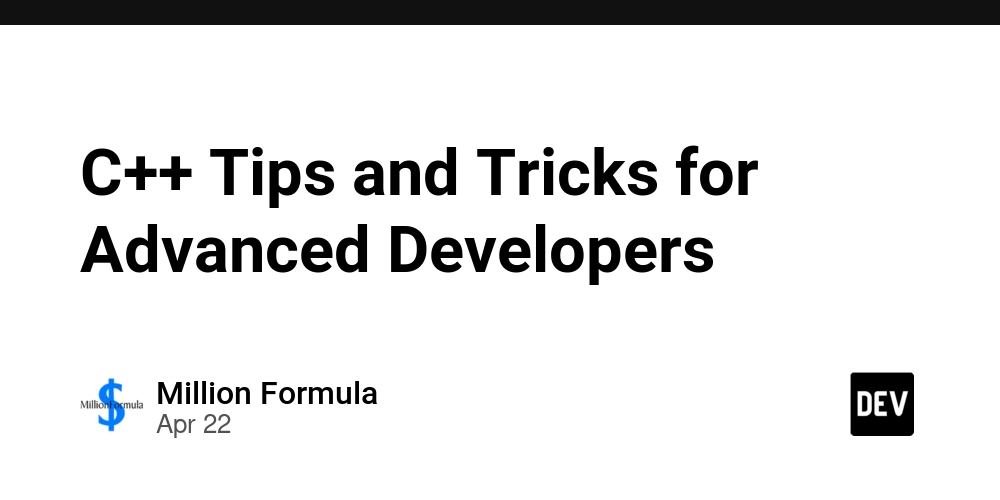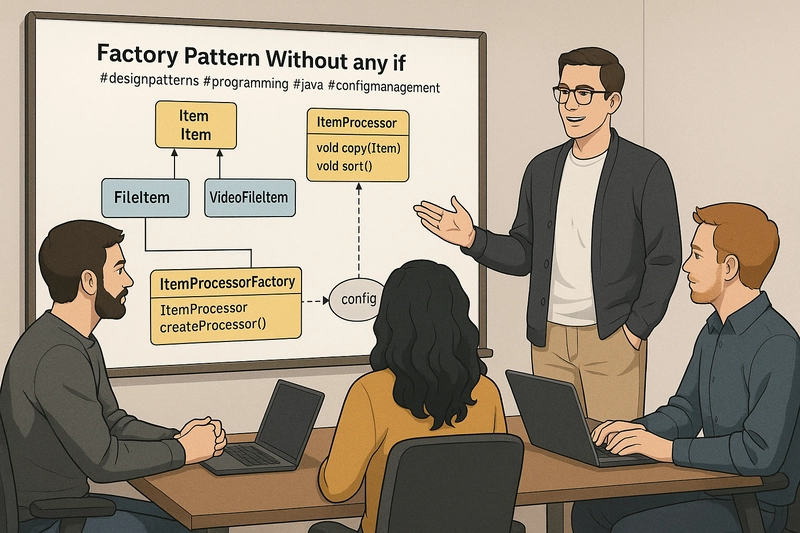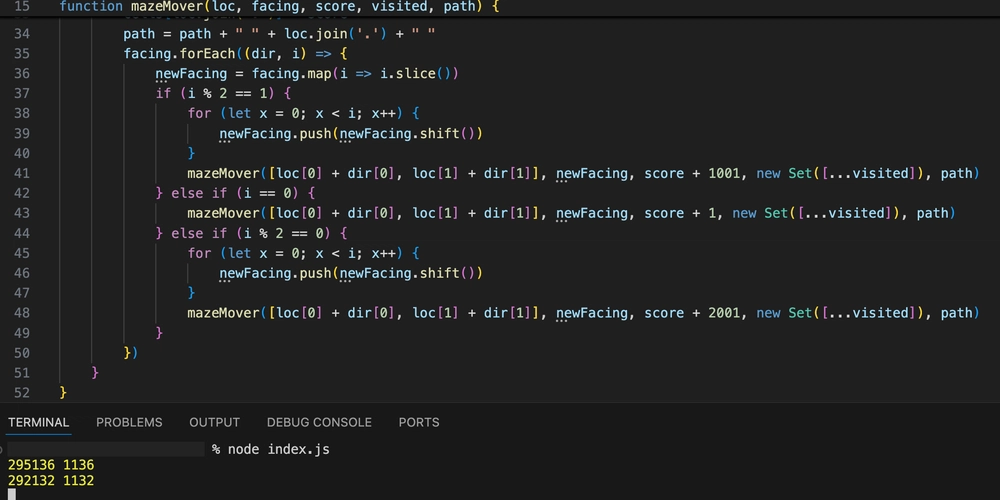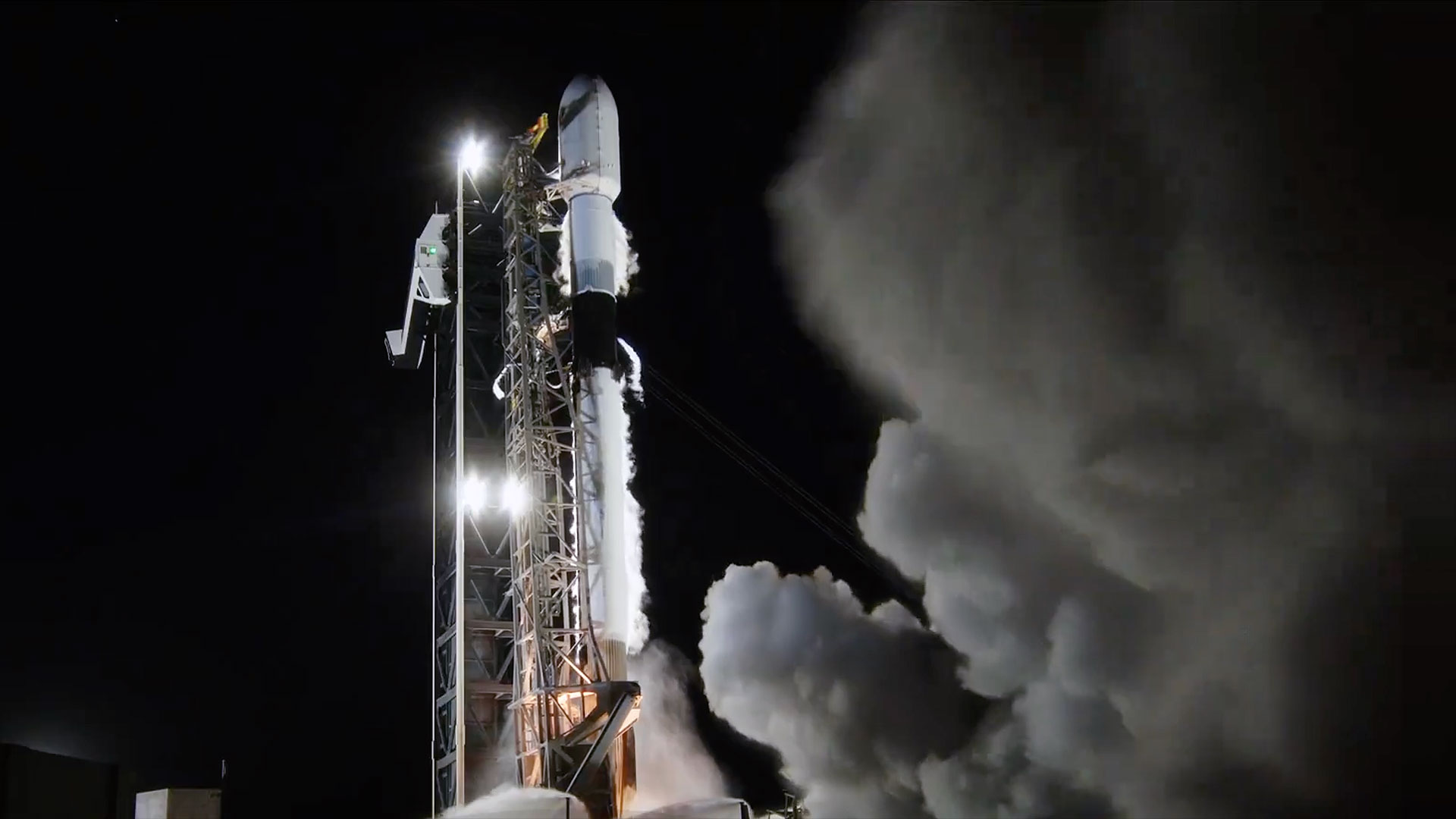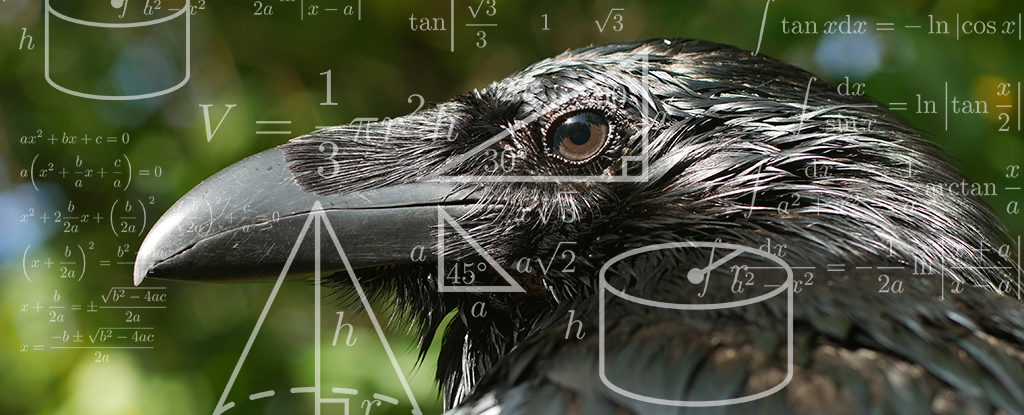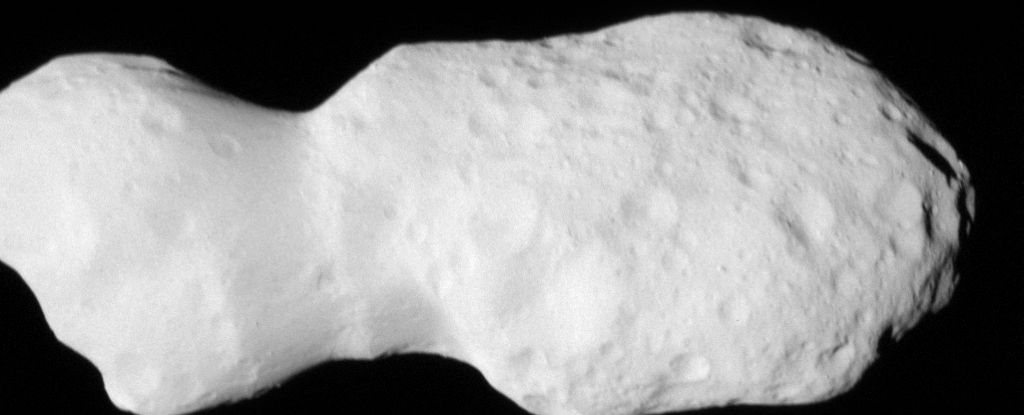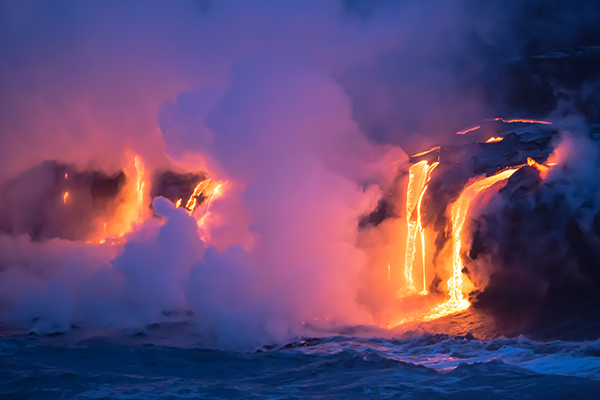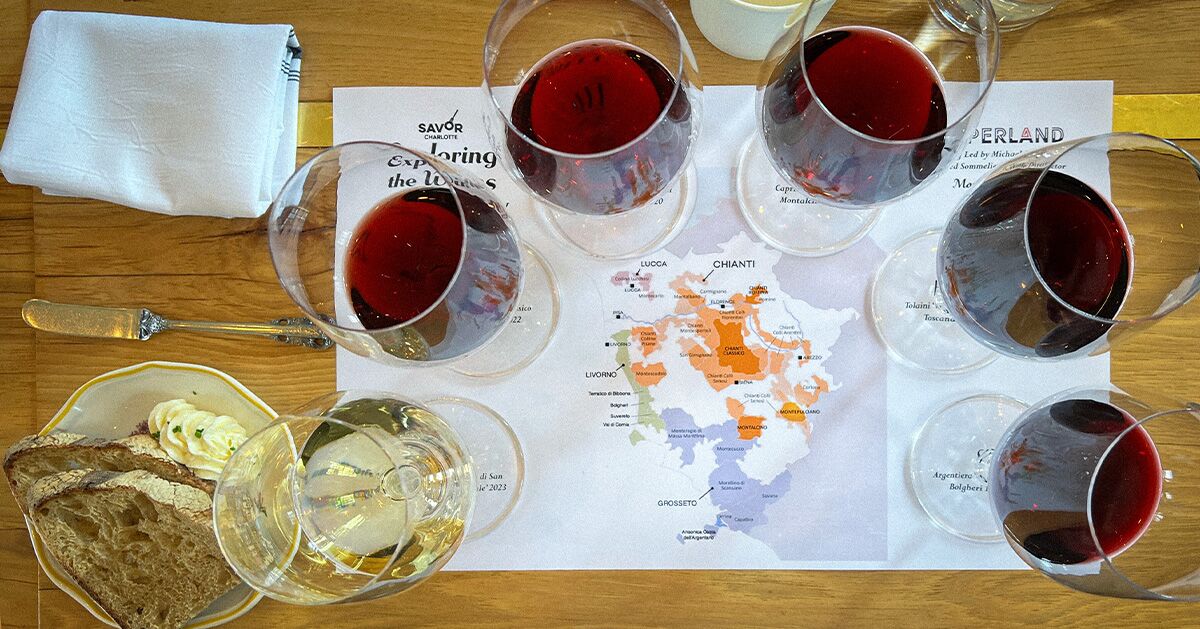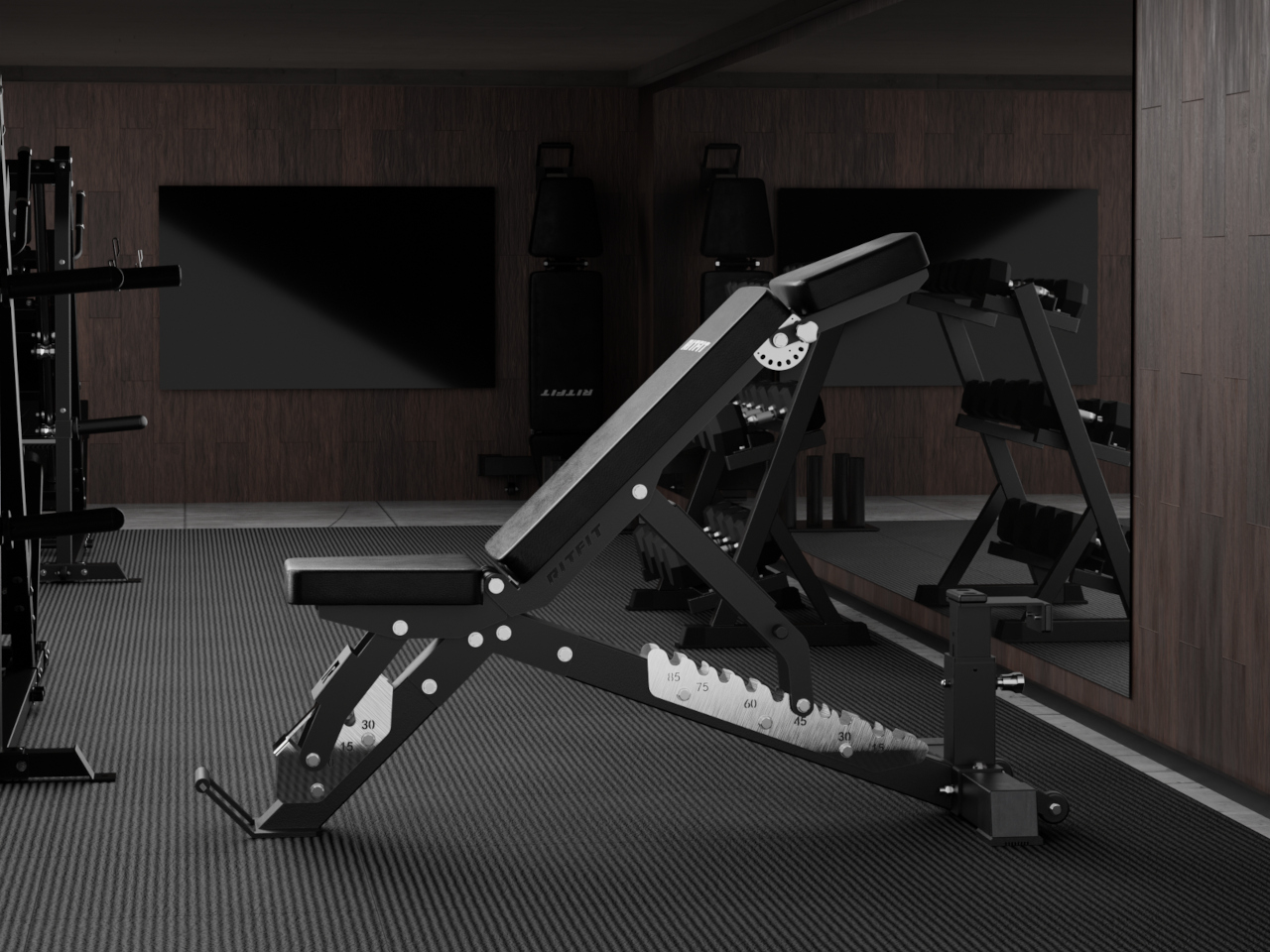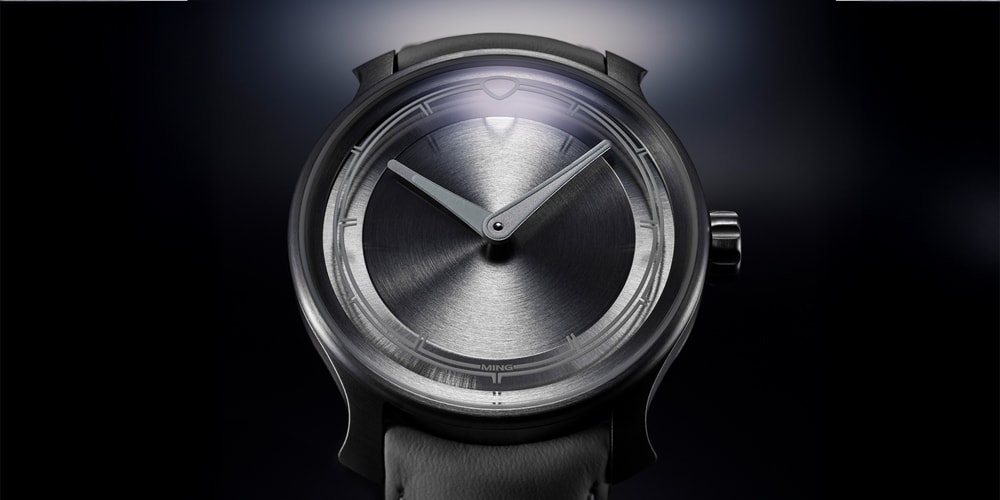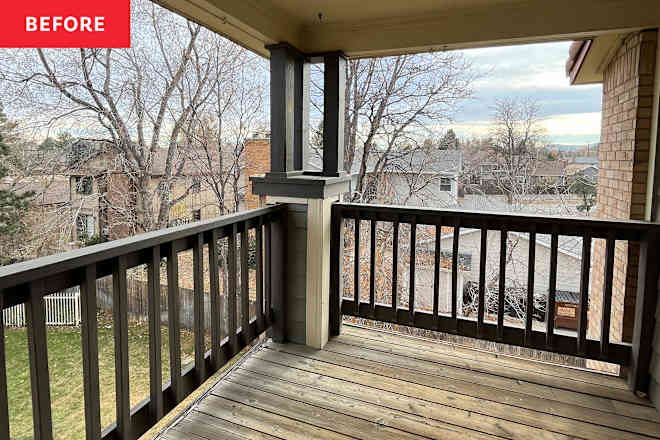Composer Clayton Worbeck on Adding Cosmic Madness to 'Call of the Void'
You can’t unhear it, even if you tried. Gravitas Ventures’ latest film is James B. Cox’s folk horror, Call of the Void, which follows Moray as she retreats to a remote mountain cabin to try and escape her work, her family, and her old life after the tragic death of her brother. However, her quiet retreat is quickly diverted by a college band moving into the unit next door and a suspicious professor studying a local phenomenon involving a mysterious hum. She discovers that the hum is a gateway to something otherworldly, unnameable, and once heard–there is no return. The hum is a sonic experience that asks the question: "How can you escape your own senses?" With sounds playing such a central role in Call of the Void, both the sound design and score had to be precisely thought out. Serving as the film’s composer was Clayton Worbeck, who had previously collaborated with director James B. Cox on Hacked. When discussing the placement of the score, Clayton says, “The entire score is a textural theme for the cosmic force that is infecting everyone. And that concept is reflected sonically as well: the score is sparse to begin with, but by the end, it has taken over the entire soundtrack.” This type of uneasiness is exactly what makes a horror film score effective, in Clayton’s opinion. “A good horror score needs to make the viewer feel uncomfortable. That degree of discomfort depends on the individual film, but there needs to be dissonance in the music.” Clayton breaks down his Call of the Void score in the Q&A below. - YouTube www.youtube.com No Film School: First off, how did you become involved with Call of the Void?Clayton Worbeck: I was the composer and music supervisor on James’ (the director’s) previous feature, Hacked (Sony). We developed a great rapport on that project and stayed in touch. He reached out early on in pre-production for Call of the Void to see if I would be interested in working on a film “about a sound in the woods that possesses people”. I was sold on it immediately.NFS: What was one of the first things you did when deciding the right tone for the film?Worbeck: I was brought in as the music supervisor early on to work with James on the diegetic music, but we also had several discussions about the score. There was an obvious H.P. Lovecraft vibe going on with the project, and we leaned into it for the tone of the music as well. I’m a huge fan of Lovecraft, so it was an absolute pleasure to explore composing with that cosmic madness and dread as inspiration.NFS: How would you describe your score for the film?Worbeck: It’s a textural score that’s equal parts catatonic and threatening. In a sense, the entire score is a theme for the otherworldly presence that is slowly taking over.NFS: Can you talk about your collaboration with director James. B Cox. What were his notes on how he wanted the film to sound?Worbeck: I love working with James for many reasons. He’s a great storyteller who knows his craft well. He has a clear attention to detail, but also respects opinions/input from fellow creatives like myself. And he has a musical background, which makes any score discussion even more enjoyable and efficient. James was listening to a lot of Pauline Anna Strom when drafting the script, so the starting point was trance-inducing experimental electronic music. We knew there were going to be diegetic songs in the film performed on acoustic instruments like guitar, so we wanted to have some acoustic guitar cues as connective tissue. But as the edit came together, it was clear that the score would be better suited to contrast those diegetic elements by solely embodying the horror instead. Composer Clayton Worbeck Credit: CCTV NFS: Can you talk about the opening and closing main titles. Did you do anything unique for these?Worbeck: The cue for the closing main titles was an unused theme I originally wrote for the main character. However, the opening cue had a unique approach. For those who haven’t seen it yet, the opening visuals are a VFX sequence of a black hole from different angles. There were countless ways I could have gone about composing this opening cue. Ultimately, it came down to a link from James to a NASA post about data sonifications of a black hole. The sound of these sonifications was so ominous that they helped shape the direction of the opening cue and the score as a whole.NFS: What instruments did you gravitate towards for this score?Worbeck: Analog synthesizers and acoustic guitar were my initial choices. There ended up being quite a bit of diegetic acoustic guitar in the final cut, so those acoustic guitar cues seemed extraneous and were cut. As the score progressed, I focused less on themes and more on trying to convey the weight of the cosmic horror. To do this I gravitated towards larger acoustic instruments like double-bass and cello plus a lot of digital synthesis and signal processing.NFS: Did you give any of the characters’ theme music? If so, can you discuss those?Worbeck:


You can’t unhear it, even if you tried. Gravitas Ventures’ latest film is James B. Cox’s folk horror, Call of the Void, which follows Moray as she retreats to a remote mountain cabin to try and escape her work, her family, and her old life after the tragic death of her brother.
However, her quiet retreat is quickly diverted by a college band moving into the unit next door and a suspicious professor studying a local phenomenon involving a mysterious hum. She discovers that the hum is a gateway to something otherworldly, unnameable, and once heard–there is no return.
The hum is a sonic experience that asks the question: "How can you escape your own senses?"
With sounds playing such a central role in Call of the Void, both the sound design and score had to be precisely thought out. Serving as the film’s composer was Clayton Worbeck, who had previously collaborated with director James B. Cox on Hacked. When discussing the placement of the score, Clayton says, “The entire score is a textural theme for the cosmic force that is infecting everyone. And that concept is reflected sonically as well: the score is sparse to begin with, but by the end, it has taken over the entire soundtrack.” This type of uneasiness is exactly what makes a horror film score effective, in Clayton’s opinion. “A good horror score needs to make the viewer feel uncomfortable. That degree of discomfort depends on the individual film, but there needs to be dissonance in the music.”
Clayton breaks down his Call of the Void score in the Q&A below.
- YouTube www.youtube.com
No Film School: First off, how did you become involved with Call of the Void?
Clayton Worbeck: I was the composer and music supervisor on James’ (the director’s) previous feature, Hacked (Sony). We developed a great rapport on that project and stayed in touch. He reached out early on in pre-production for Call of the Void to see if I would be interested in working on a film “about a sound in the woods that possesses people”. I was sold on it immediately.
NFS: What was one of the first things you did when deciding the right tone for the film?
Worbeck: I was brought in as the music supervisor early on to work with James on the diegetic music, but we also had several discussions about the score. There was an obvious H.P. Lovecraft vibe going on with the project, and we leaned into it for the tone of the music as well. I’m a huge fan of Lovecraft, so it was an absolute pleasure to explore composing with that cosmic madness and dread as inspiration.
NFS: How would you describe your score for the film?
Worbeck: It’s a textural score that’s equal parts catatonic and threatening. In a sense, the entire score is a theme for the otherworldly presence that is slowly taking over.
NFS: Can you talk about your collaboration with director James. B Cox. What were his notes on how he wanted the film to sound?
Worbeck: I love working with James for many reasons. He’s a great storyteller who knows his craft well. He has a clear attention to detail, but also respects opinions/input from fellow creatives like myself. And he has a musical background, which makes any score discussion even more enjoyable and efficient. James was listening to a lot of Pauline Anna Strom when drafting the script, so the starting point was trance-inducing experimental electronic music. We knew there were going to be diegetic songs in the film performed on acoustic instruments like guitar, so we wanted to have some acoustic guitar cues as connective tissue. But as the edit came together, it was clear that the score would be better suited to contrast those diegetic elements by solely embodying the horror instead.
 Composer Clayton Worbeck Credit: CCTV
Composer Clayton Worbeck Credit: CCTV
NFS: Can you talk about the opening and closing main titles. Did you do anything unique for these?
Worbeck: The cue for the closing main titles was an unused theme I originally wrote for the main character. However, the opening cue had a unique approach. For those who haven’t seen it yet, the opening visuals are a VFX sequence of a black hole from different angles. There were countless ways I could have gone about composing this opening cue. Ultimately, it came down to a link from James to a NASA post about data sonifications of a black hole. The sound of these sonifications was so ominous that they helped shape the direction of the opening cue and the score as a whole.
NFS: What instruments did you gravitate towards for this score?
Worbeck: Analog synthesizers and acoustic guitar were my initial choices. There ended up being quite a bit of diegetic acoustic guitar in the final cut, so those acoustic guitar cues seemed extraneous and were cut. As the score progressed, I focused less on themes and more on trying to convey the weight of the cosmic horror. To do this I gravitated towards larger acoustic instruments like double-bass and cello plus a lot of digital synthesis and signal processing.
NFS: Did you give any of the characters’ theme music? If so, can you discuss those?
Worbeck: The entire score is a textural theme for the cosmic force that is infecting everyone. And that concept is reflected sonically as well: the score is sparse to begin with but by the end, it has taken over the entire soundtrack.
 'Call of the Void'Credit: Gravitas Ventures
'Call of the Void'Credit: Gravitas Ventures
NFS: Call of the Void falls in the horror genre. Music inside this world tends to be outside the box and experimental. Did you feel like you got to push the boundaries a little further because of this?
Worbeck: Of course. More so with this score than any other horror movie I’ve worked on.
NFS: What do you think makes a good horror film score?
A good horror score needs to make the viewer feel uncomfortable. That degree of discomfort depends on the individual film, but there needs to be dissonance in the music. That doesn’t necessarily mean the composer should use dissonant chords/tones and harsh noise/distortion all the time. While those are essential tools, the best horror scores also dig into the contrast and differences between those darker sonic shades.









